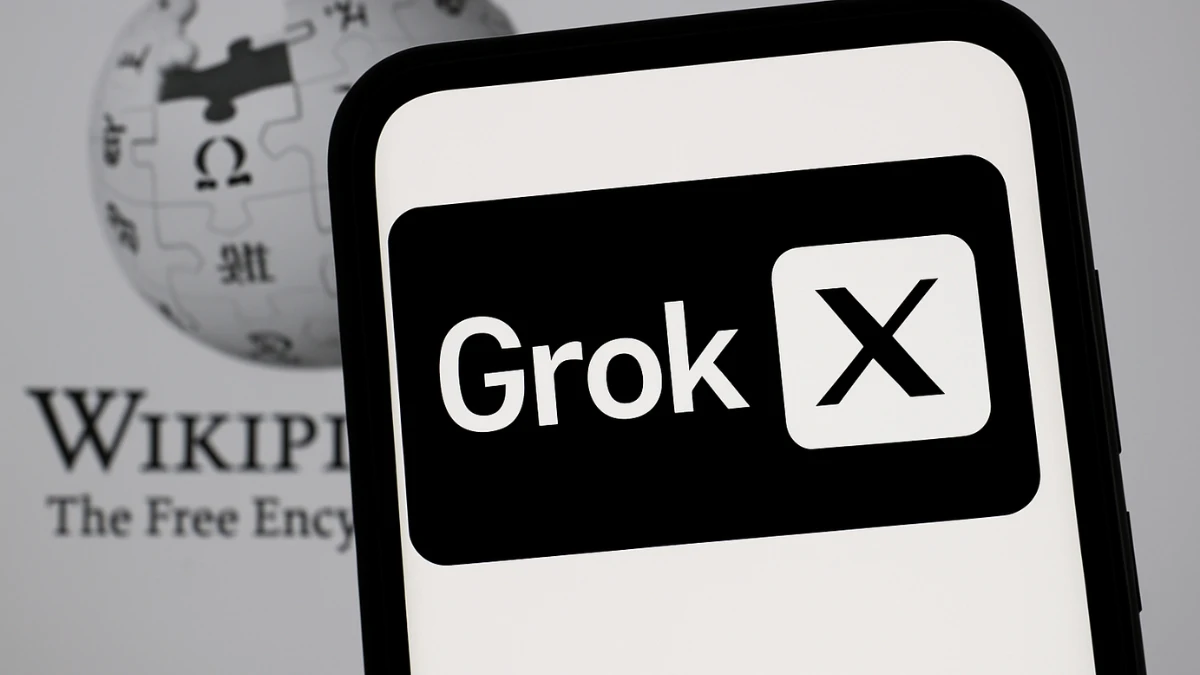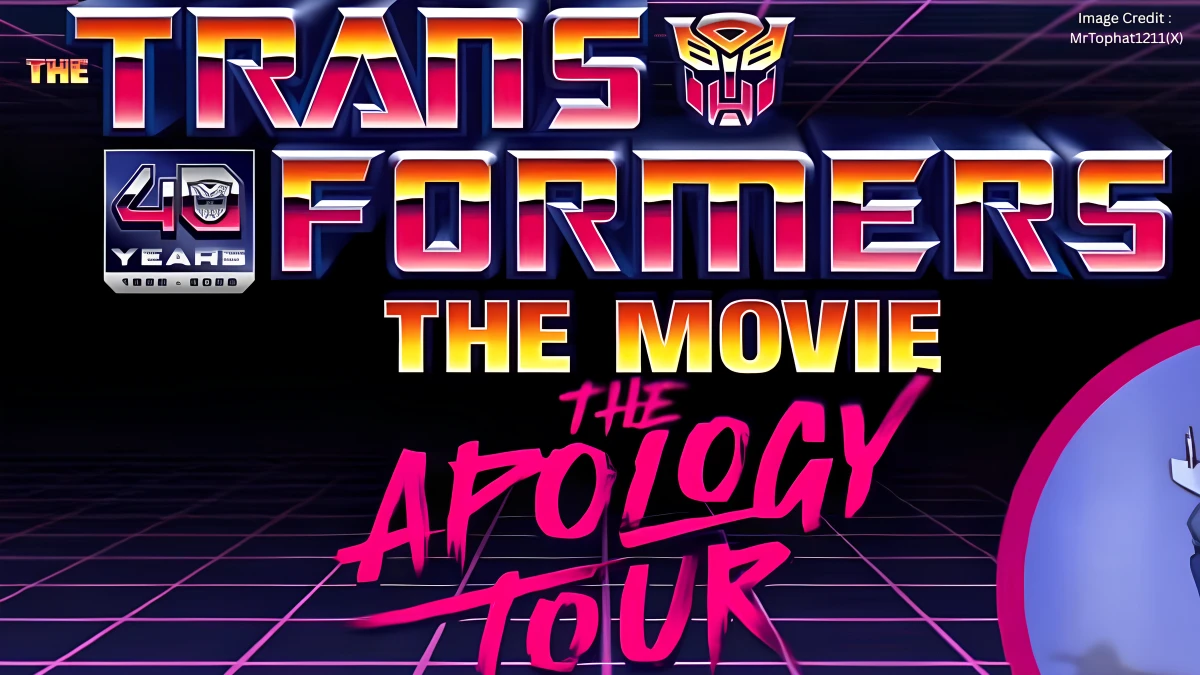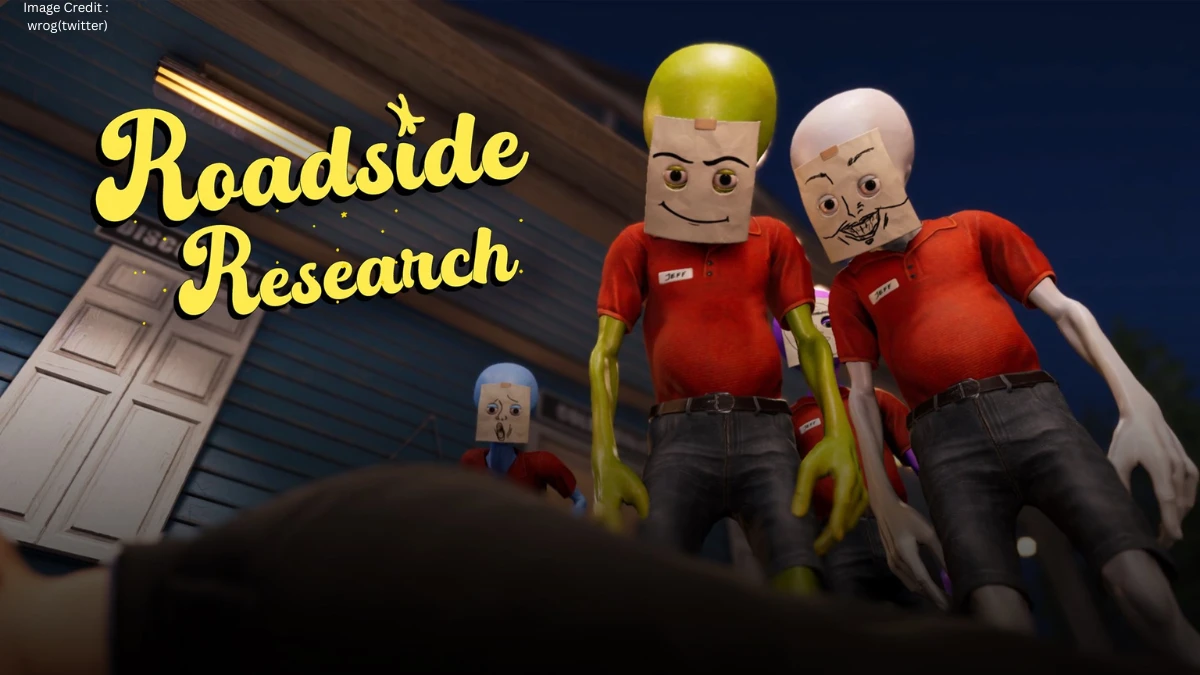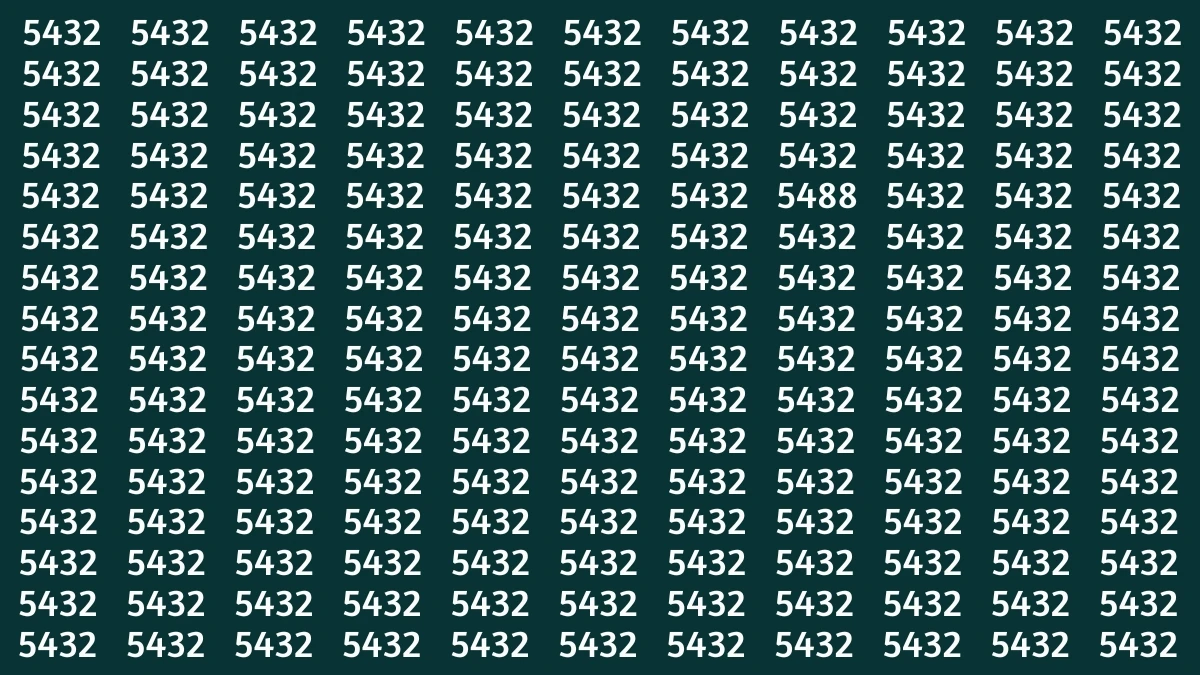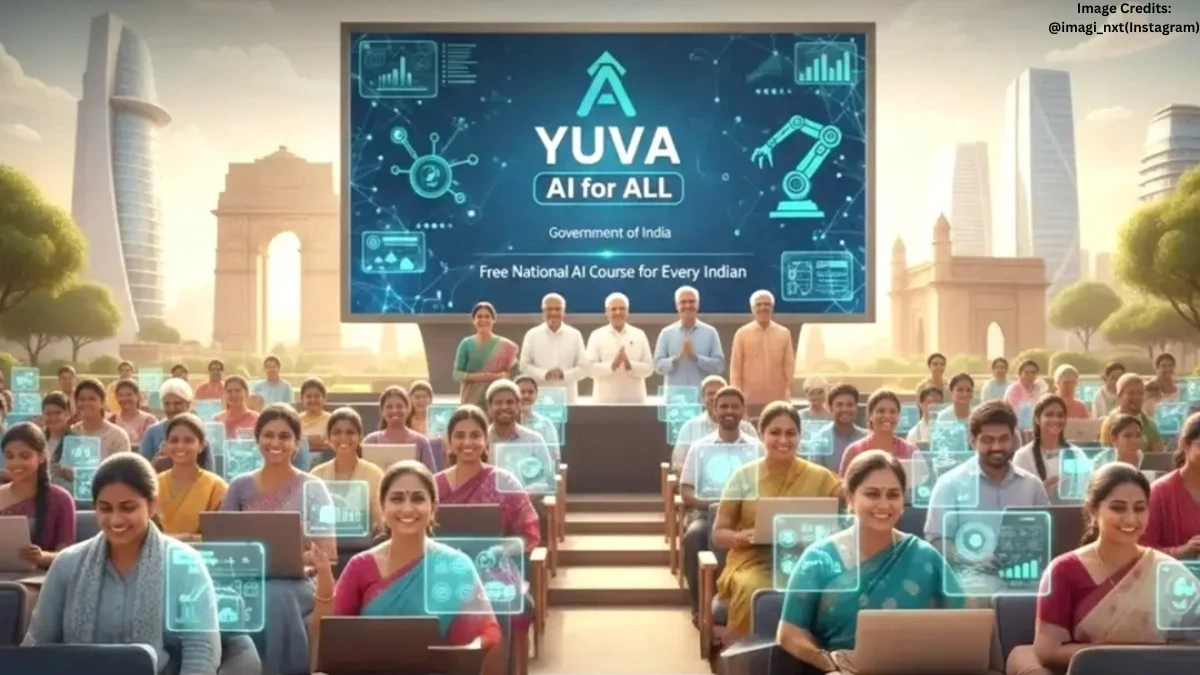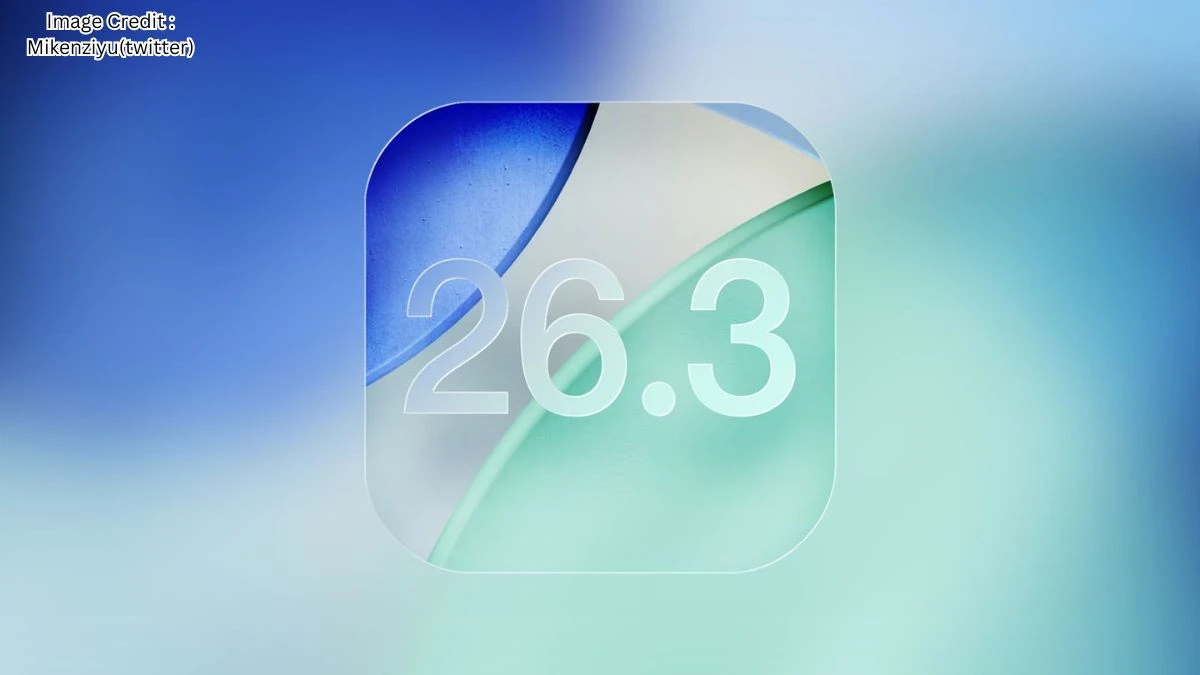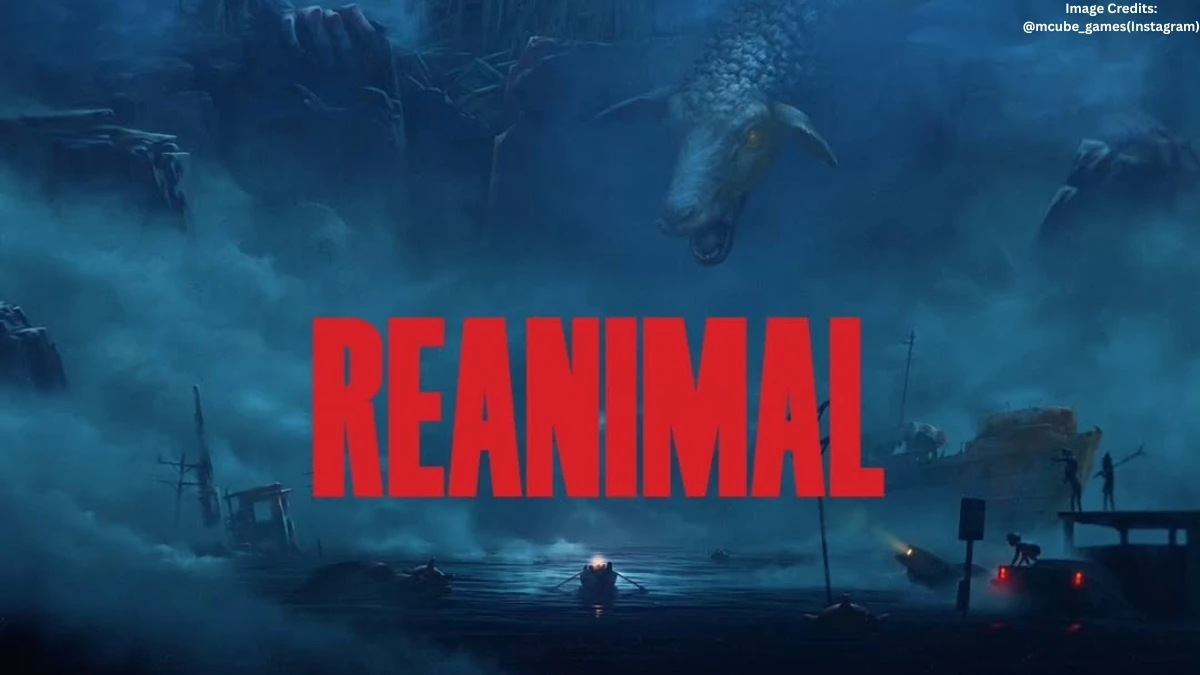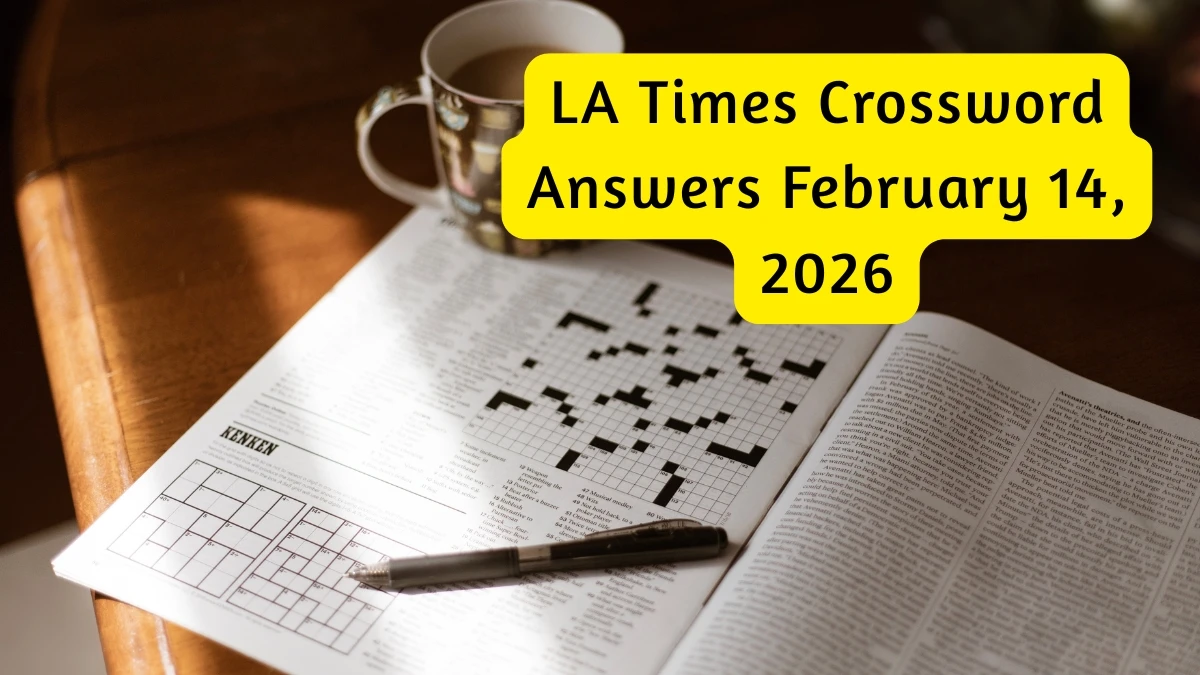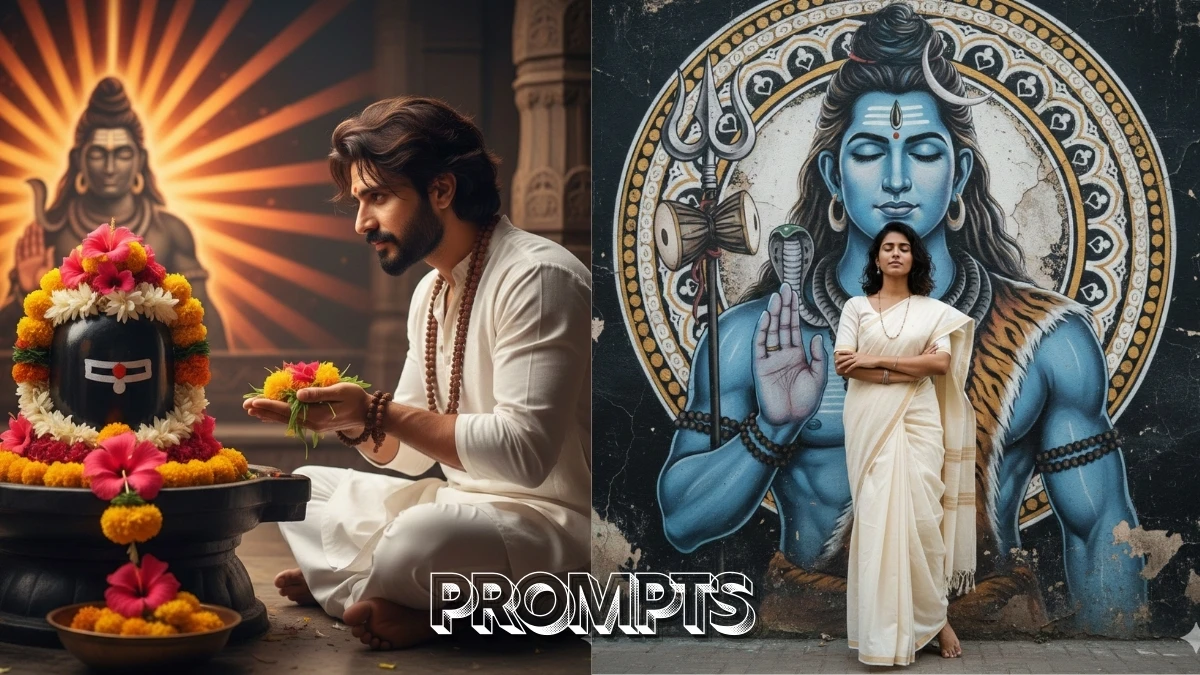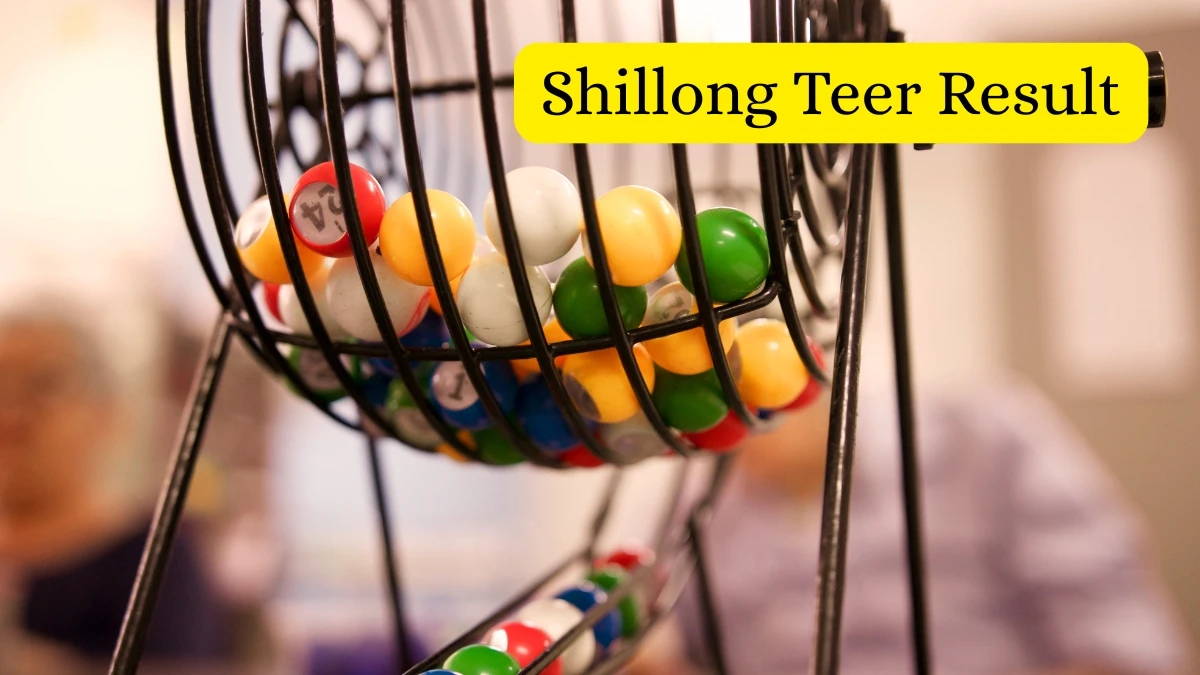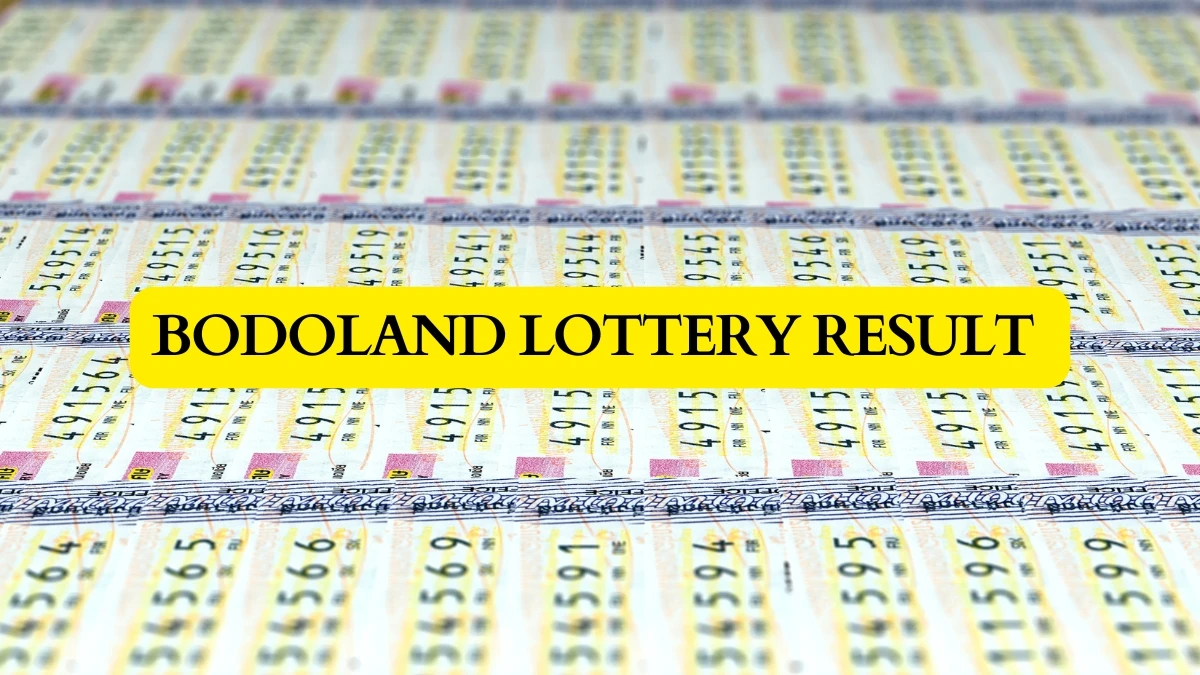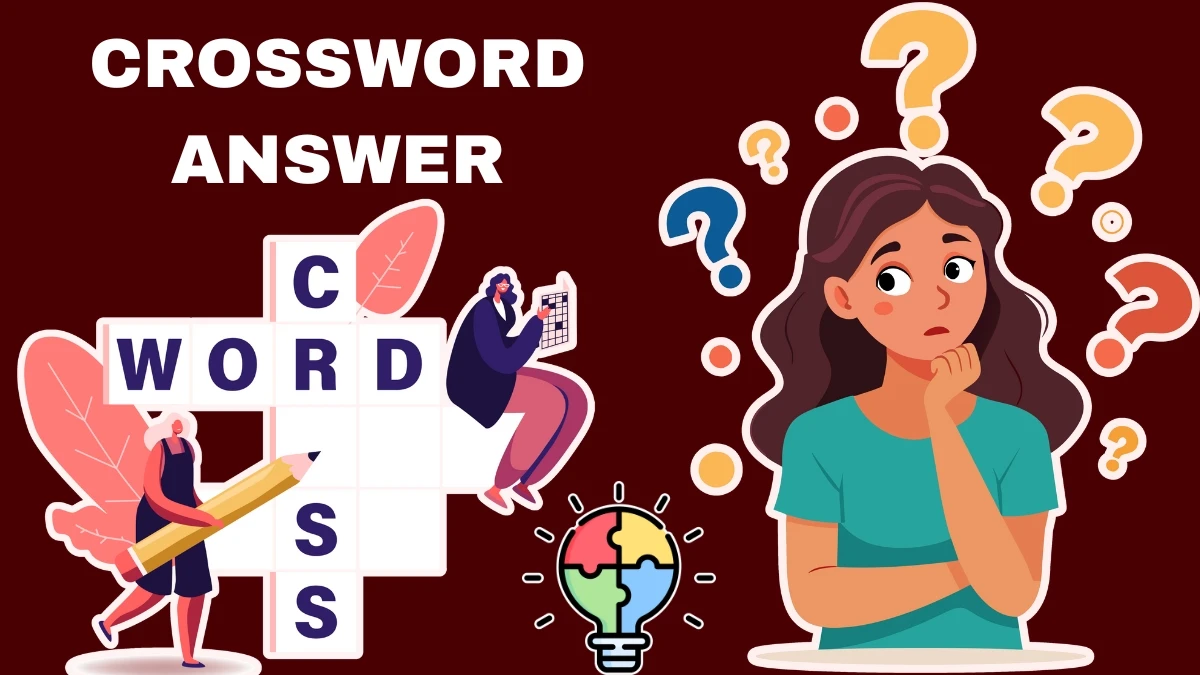Grokipedia
Grokipedia is Musk’s shiny new project, a dynamic, AI-generated encyclopedia, unleashed to the world with the provocative tagline “10x better than Wikipedia (at least soon)”.
Just imagine: a site that spat out facts, trivia, and answers powered almost entirely by his xAI chatbot, Grok. Is it a revolution or just another tech billionaire’s passion project? Maybe a bit of both.
You know what makes Grokipedia especially intriguing? It’s the whole “AI vs human” thing. Like, if you’ve ever shouted trivia questions at Alexa, you know AI can be… unreliable, even hilariously wrong.
Now, that’s the risk Musk’s version takes: Grok does all the heavy lifting, from curation to fact-checking (sometimes even pulling entries from Wikipedia, which is ironically the very platform it wants to upstage).
But no direct human editor is fixing a typo, so if Grok hallucinated that the Eiffel Tower was built last year, good luck!
On its launch day, the site crashed within the first hour, a classic tech roll-out moment. Musk’s promise for future versions? “Will be 10x better.”
Now, that sounds like the kind of boast your friend makes after a disastrous game of FIFA, swearing they’ll “definitely win next time”.
Grokipedia vs Wikipedia Differences Explained: Elon Musk Launches Grokipedia v0.1, a Wikipedia Competitor
Alright. Let’s get down to brass tacks: how is Grokipedia actually different from Wikipedia, beyond the Musk memes and AI hype?
Content Creators: AI Synthesis vs Human Collaboration
Grokipedia is written, curated, and fact-checked by Grok, the proprietary AI chatbot from xAI. No crowdsourcing. No heated edit wars over historical events.
It feels genuinely odd not seeing those “Last edited by…” lines, or a talk page cluttered with debates about pop culture trivia. If you’re used to Wikipedia’s open editing, this is like switching from a communal kitchen to a robot chef locked in a glass box.
Wikipedia, though, is the original team effort. Millions of volunteer editors constantly argue, compromise, joke, edit, delete, and debate, often anonymously, resulting in sprawling, diverse entries that evolve each day.
That human touch comes with delay, but also lively discussion. Personal anecdote: Years ago, a friend of mine became obsessed with updating the Wikipedia entry for “kebab.”
He practically haunted the talk pages, posting “corrections” about regional grilling techniques. Grokipedia wouldn’t tolerate his meddling; it’s AI-run only.
Dave Jones, known for his insights on electronics and engineering, recently posted on X, accusing Grokipedia of directly copying from Wikipedia. He pointed out that the website replicates the content verbatim, including the structure, formatting, and wording, calling it a clear case of plagiarism. Jones's tweet highlights concerns over the site's lack of originality and its unauthorized use of Wikipedia's material.
Editorial Authority: Centralized Algorithm vs Community Governance
The difference in control is stark. Wikipedia is decentralized; all those volunteers and administrators hash out the big decisions in passive-aggressive comment threads. Anyone can jump in and make (sometimes regrettable) changes. The drama is part of the process.
Grokipedia? Grok is judge, jury, and editor-in-chief. Users aren’t allowed to edit pages directly. If you spot a mistake, you submit a correction form, then Grok decides if it’s worth changing (reportedly similar to “Community Notes” on Musk’s X).
The whole place is run algorithmically and feels, honestly, a little closed off.
| Aspect | Grokipedia (xAI) | Wikipedia (Wikimedia Foundation) |
|---|---|---|
| Content Creation | Grok LLM AI | Human volunteers |
| Editorial Authority | AI makes the final call | Open community & discussion |
| Editing Rights | Feedback form only | Anyone edits directly |
| Revision History | Black box, no public log | Fully transparent edit history |
| Main Risk | AI hallucination | Human bias or slow correction |
Source Data: Real-Time Web vs Vetted References
Want something up-to-the-minute? Grokipedia brags about “real-time integration” with data from X (Twitter) and the broader web, so theoretically it can update instantly after breaking news.
Wikipedia, on the other hand, loves secondary sources, journals, news, books, you name it, meaning updates might lag, but the info is usually more solid.
Funny enough, a user pointed out that Grokipedia was just rehashing Wikipedia articles (“Hey Musk, you know Grok uses Wiki, right?”), And Musk replied, “I know.
We should have this fixed by the end of the year.” So even Grokipedia’s real-time speed is grounded by Wikipedia’s slow, steady foundation. That irony isn’t lost.
Elon Musk, through a recent tweet on X, shared the core mission behind Grok and its platform, Grokipedia.com. He emphasized that their primary goal is to provide the truth, the whole truth, and nothing but the truth. While acknowledging that perfection may never be achieved, Musk assured that the team will continually strive to meet this ideal. His tweet underlines the platform's commitment to accuracy and transparency.
Transparency: Open Book vs Black Box
If you’ve ever gone down a Wikipedia rabbit hole, you’ll appreciate its full revision history; every edit, every deleted paragraph, every prank is logged for eternity. The journey to consensus is visible to all.
Grokipedia, on the other hand, stores edits in the grokbot’s “black box.” There’s no open debate, no talk pages, no public revision history. The trust shifts from human transparency to faith in a machine’s “truth-seeking” design.
Not gonna lie, there’s something both fascinating and unnerving about letting an AI arbitrate history without explaining itself. Some days, you just want to read the arguments to learn something new.
Main Risks: Hallucination vs Bias
Here’s a quirk: Grokipedia’s biggest risk is not what people will do to it, but what the AI itself will make up. “Algorithmic hallucination”, a fancy term for creative but inaccurate storytelling by AI, is a very real problem.
You might get a plausible, convincing, but wholly invented “fact” slipped into a summary.
Wikipedia suffers in other ways. Human editorial bias, endless squabbling, slow corrections, and sometimes exclusion based on community priorities are its biggest weaknesses.
Controversial Entries, Ideological Slants, and “Recognition”
You want controversy? Grokipedia’s entry on gender, for example, swung hard right in framing, drawing criticism from national publications for advancing far-right talking points.
Where Wikipedia gives you broad, sociocultural definitions, Grokipedia leans into the binary, rattling the cage with overtly ideological language.
Same with the Elon Musk entry. Grokipedia delivers a rousing, almost heroic interpretation, with glowing phrases like “AI safety through truth-oriented development,” and “maximal truth-seeking and reduced censorship.”
It’s almost like Musk’s official bio... written by a fan. Wikipedia usually adds more balance, nuance, and, well, warts.
Anecdotally, one entry got a fact wrong about an Ohio candidate’s involvement with the Trump administration, showing how easily AI can rewrite the past unless someone calls it out.
Lighter Bits: First Impressions, Launch-Day Chaos, and a Few Laughs
Grokipedia’s debut wasn’t all smooth sailing. Site went down after an hour, presumably from traffic or bugs, classic launch excitement, right up there with sending a rocket that explodes on the pad. Musk shrugged it off, promised bigger things, and the internet had opinions.
The homepage? Minimalist. Search bar, fresh version number, nothing fancy. In Musk’s words, “even at 0.1, it’s better than Wikipedia imo.” Gotta love that confidence, even if you’re not convinced.
And once, I overheard an actual friend say, “If an AI can keep pace with Wikipedia trivia nights, I’ll eat my old smartphone case.” He still waits for the day.
Grokipedia vs Wikipedia: The Real Takeaway
Ultimately, Grokipedia and Wikipedia aren’t just knowledge sites; they’re clashing philosophies. Wikipedia’s messy, open, slow, debateable, and full of life. Grokipedia is quick, sharp, angles for “truth,” but is run by code, not communal passion.
If you care about editorial transparency, lively discussion, and nuanced content, Wikipedia is still king.
If you want rapid updates, just watch out for machine hallucinations, and a platform with Musk’s irrepressible energy, Grokipedia might be fun to poke around in. Maybe it’ll even force new conversations about what “truth” online should mean.
And hey, maybe someday Grokipedia really will be “10x better.” But for now, it’s just launched, it’s imperfect, and it’s already making headlines (and arguments). Stay tuned. Things in the land of AI knowledge are only getting weirder from here.
Disclaimer: The content above is a summary and analysis of Grokipedia, an AI-generated encyclopedia created by Elon Musk's xAI. The views, opinions, and descriptions presented are based on publicly available information and may not reflect the full functionality or future developments of the platform. The accuracy and reliability of the information provided may vary, and readers are encouraged to verify facts independently. Grokipedia is still in its early stages, and its capabilities and features are subject to change

